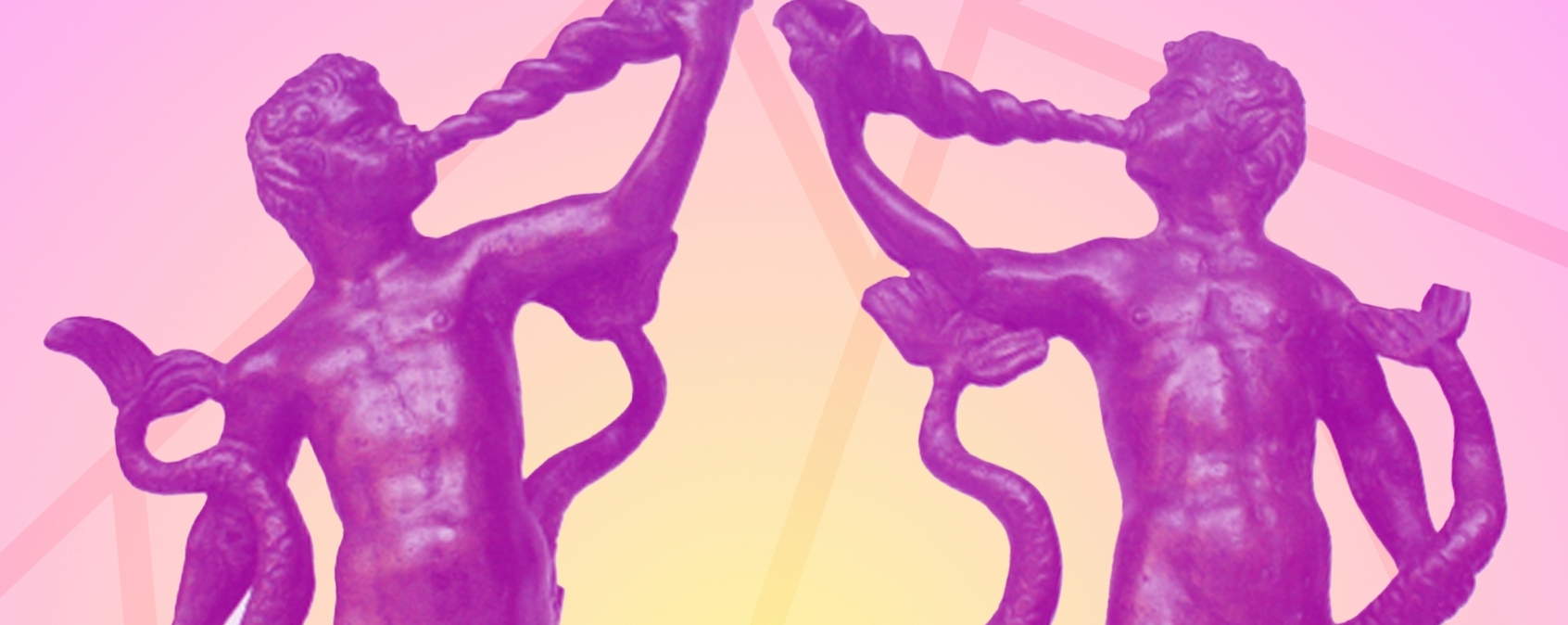What happens when a museum decides to introduce neutral bathrooms, rewrite captions to include LGBTQIA+ stories, or invite trans and non-binary people to co-design its exhibitions? What opportunities, but also what political and institutional resistance, emerge from these transformative processes?
Pondering these questions will be Queering the Museum, a day of reflection, education, and discussion that will bring together cultural professionals, scholars, and representatives of queer communities from across Europe in Bologna on November 7, 2025. The goal is to explore new models of collaboration between museums and LGBTQIA+ people, fostering a vision of the museum as an open, inclusive and participatory space.
The initiative is held under the patronage of ICOM Italy, the national committee of the International Council of Museums, and is the result of a collaboration between BAM! Cultural Strategies and NEMO (Network of European Museum Organisations), a network that brings together more than 30 European museum associations and promotes policies of social and cultural sustainability. The project is developed together with ICOM Italy’s Gender and LGBTQ+ Rights Working Group, the Bologna City Council’s Civic Museums Sector and Attitudes_space to the arts aps.
Queering the Museum takes place between the Farnese Chapel of the Palazzo d’Accursio and the Museo Civico Medievale, as part of the Gender Bender Festival, produced by the Cassero LGBTQIA+ Center, scheduled to take place in Bologna from October 30 to November 8, 2025.
At the heart of the day will be two references for the European museum scene: LGBTQIA+ Inclusion in European Museums, the guidelines promoted by NEMO, presented for the first time in Italy; and Museums and Genders, the Italian adaptation edited by ICOM Italy of the University of Leicester’s Trans Inclusive Culture Guidance document. Both texts offer practical tools for making museums more welcoming and representative: from revising collections to include queer perspectives and histories to training staff on respectful, non-binary language and redesigning spaces and services to ensure safety and accessibility.
NEMO’s guidelines specifically call for the active involvement of LGBTQIA+ people as a fundamental ethical principle for European museums, promoting them as places of civic participation and not just preservation of the past. Museums and Genders expands this perspective in the Italian context, offering examples, testimonies and normative references drawn from local experiences.
Also open until October 24, 2025 is anopen call aimed at those who work or have worked on projects that intertwine cultural heritage and queer or identity communities. The call is to share experiences, best practices, challenges and reflections that put co-design and direct community involvement at the center. Selected proposals will be presented during a public discussion on Nov. 7. To participate: qtm@bamstrategieculturali.com
The morning, at the Farnese Chapel, will be dedicated to the presentation of the NEMO and ICOM Italy guidelines, followed by speeches and panel discussions on the role of queer and identity communities in cultural places. In the afternoon, three thematic workshops will be held at the Museo Civico Medievale to explore approaches and methodologies for inclusion.
Among the featured projects: QueeringBO. Things never seen in the Civic Museums of Bologna, the podcast created by Attitudes_space to the arts aps and the Civic Museums Sector of the Municipality of Bologna, produced by Chora Media. The first Italian example of queer reinterpretation of museum collections, the podcast - narrated by Pietro Turano, actor, author and LGBTQIA+ rights activist - is divided into six episodes available on Spotify, Apple Podcasts, YouTube and on the websites of the Museo Civico Medievale and Chora Media.
The day will conclude with a collective give-back session to share reflections, proposals and future perspectives on how to make museums more representative and plural spaces.
Participation is free upon registration: https://forms.gle/7vT2vfUWqdiPWmNw9
 |
| Museums and LGBTQIA+: a full day in Bologna on the topic. |
Warning: the translation into English of the original Italian article was created using automatic tools. We undertake to review all articles, but we do not guarantee the total absence of inaccuracies in the translation due to the program. You can find the original by clicking on the ITA button. If you find any mistake,please contact us.